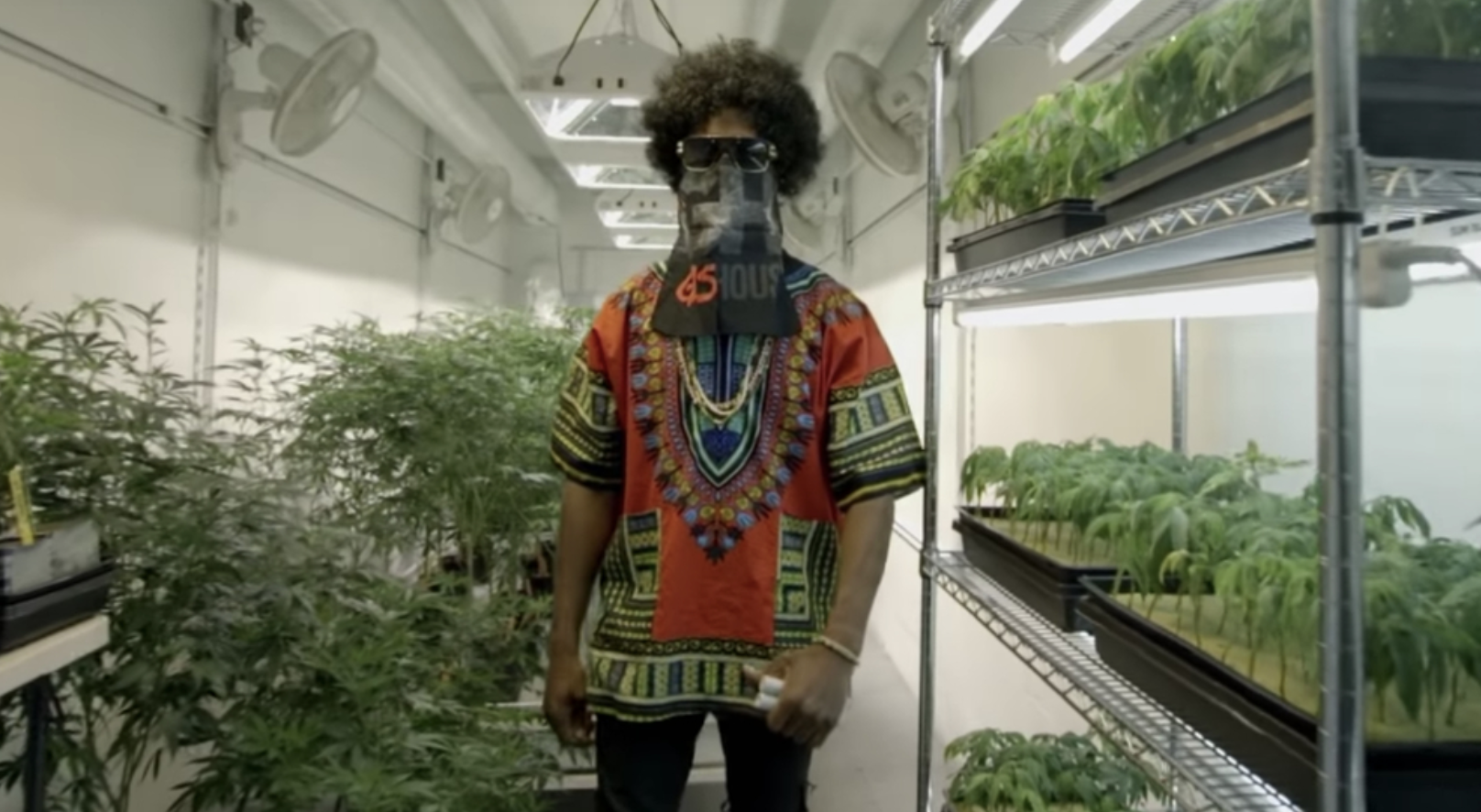We Asked Weed Dealers What They Think About Cannabis Legalization

This story originally appeared on VICE Quebec.
If cannabis users can simply go to the store or online to buy what they need legally, why would they continue to call their dealer? What will become of the local weed dealer? VICE met with a few to discuss the future.
The price is still right
According to Antoine*, the creation of the Quebec Cannabis Society (SQDC) will not change much for his activities. The cheapest weed sold in stores is about $5.25 per gram. On the black market in Quebec, cannabis is sold for $5.83 per gram on average , the lowest price in the country. “The real stoners will keep coming to see me. Even if I have to lower my prices, that’s fine, he explains. But [at the SQDC] they won’t be able to buy more than 30 grams at a time. So, the guy who smokes an ounce a week will come see me. It’ll cost him less, and he can have as much as he wants.”
Anyway, as Antoine explains, few dealers sell nothing but weed. “The guys all have another hustle, ’cause weed just doesn’t pay that much. Either they sell coke or pills, or they have another job, so they don’t really care”. According to Robert *, another dealer, the wholesale price has gone down, but the small quantities sold on the street are selling at the same price. “It costs me less than before for a pound and I still sell 3.5g around $25,” he says. “So it’s profitable for me!”
The law doesn’t scare them
On the other hand, the penalties for the illegal sale of weed are now much more severe than they were before. Selling cannabis from an obtained illegally, or to a minor, could result in up to 14 years in prison. However, the legal aspect doesn’t seem to worry most dealers we spoke to. “It was already illegal when I started doing it, I will continue to do it illegally. I haven’t been caught before, I’m going to be smart and won’t get caught now,” said Antoine.
“You’d have to sell a boatload of weed for them to give you 14 years. For fuck’s sake, that’s a sentence they give to a pedophile serial killer!”. says Jesse*, who only sells weed. “The judges aren’t going to be that strict, especially now that it’s a legal product. “
For its part, the Sûreté du Québec (SQ) already warns those who plan on breaking the law that it intends to treat this issue seriously. A new squad of 50 members of the SQ will be assigned to fighting the black market for cannabis. “It’s a criminal offense, so it’s not just a fine”, says Sergeant Daniel Thibodeau of the SQ. “The law is clear. To produce, to sell, to trade or to buy illegally, to say: ‘Hey, I’m going to sell it some my buddy and make a small profit’, don’t do it; it’s illegal! I do not want well-intentioned people to get in trouble.”
Because of the harsher penalties, some dealers are ready to stop selling cannabis, considering the risks too high. “The prices (of cannabis) will go up, but the penalties too, so maybe this is where you have to diversify your portfolio,” Steve said. Maybe I’ll do something else, we’ll see. Maybe we’ll sell Viagras, Cialis, legal pills. At least it’s a lesser sentence than weed, I think. “
Several dealers also complained that it is almost impossible for them to convert to the legal market. “We wanted to have legal permits, but it’s impossible to have, only ‘the homies’ (of the government) can have that,” adds Steve. The SQDC rules make it very difficult to hire people who have a drug-related criminal record in the legal industry.
Quality is the top priority
For others, the certainty that they will keep the loyalty of most of their customers comes from the qualitative aspect. According to Mathieu*, the difference could be compared to that between the state-run wine stores and private importers. “The purpose of the SAQ (or LCBO) is to sell quantity, not quality. When you want a good quality wine, made without chemicals, you order from a private importer, he explains. When people are going to want artisanal weed, they will come to see me. There are plenty of ‘mom & pop’ operations like mine that’ll keep thriving. “
It is true that with only six suppliers authorized for Quebec, the production probably won’t be very artisanal. In addition, many large cannabis users have built a personal relationship with their dealer that they won’t really be able to have with the employee who serves them at the SQDC. This gives an advantage to dealers (the most competent ones, at least).
What is certain is that everyone agrees that the black market for weed won’t go die anytime soon. Legalization will primarily benefit the government and occasional smokers, but it is likely that real weed enthusiasts will continue to do business with their usual dealer, with whom they have a relationship of trust and with whom they can negotiate prices. To compensate for their financial losses, most sellers will rebrand themselves and diversify their offer.
As Antoine says: “I think we’ll be alright.”
* The names of the people mentioned have been changed to preserve their anonymity.